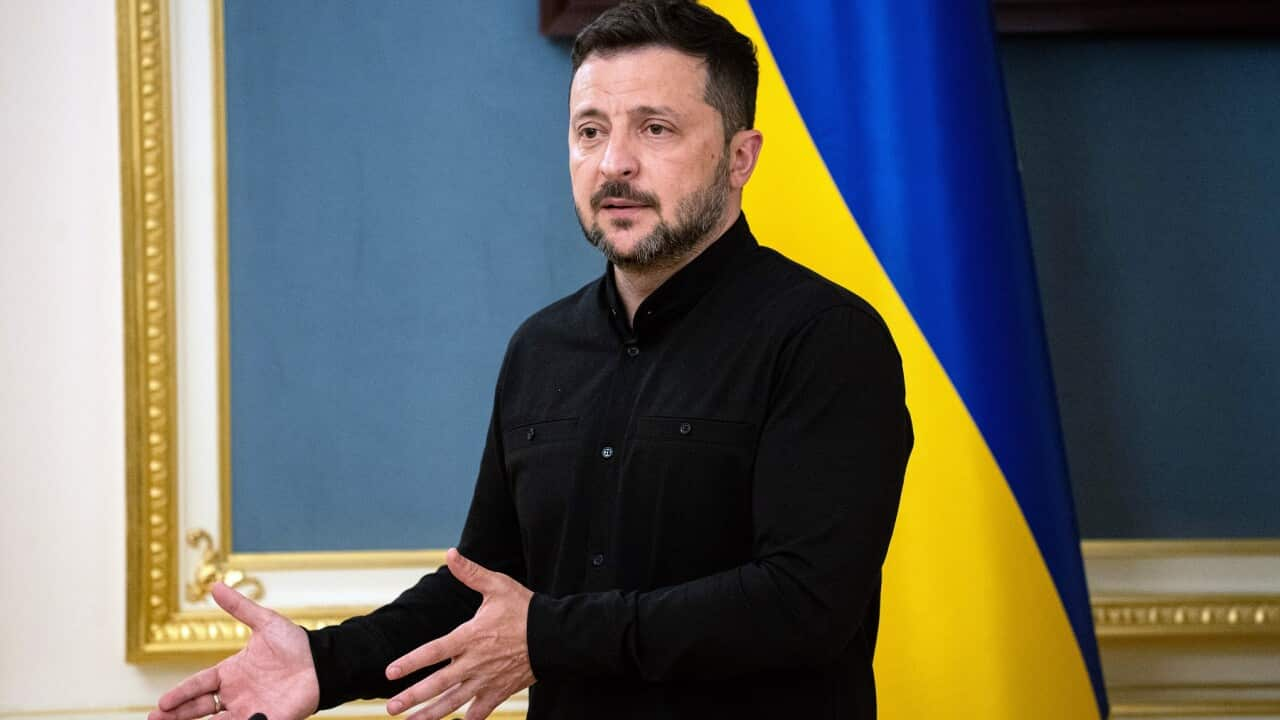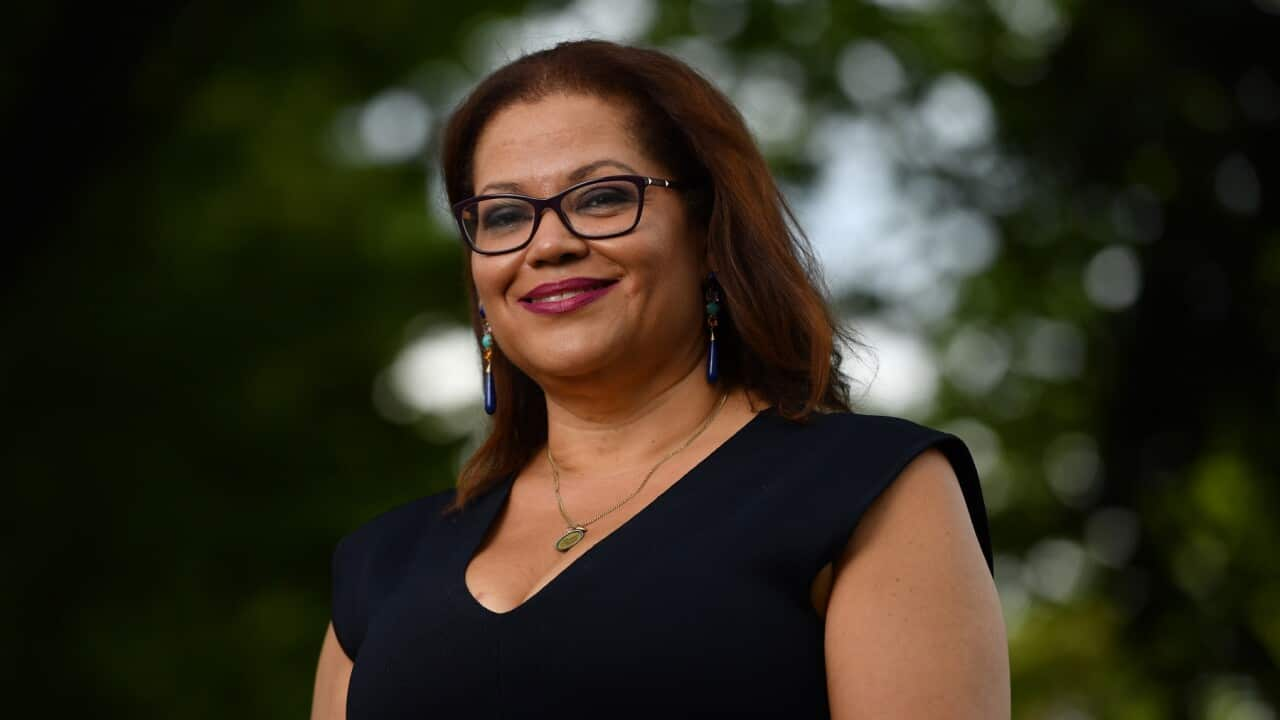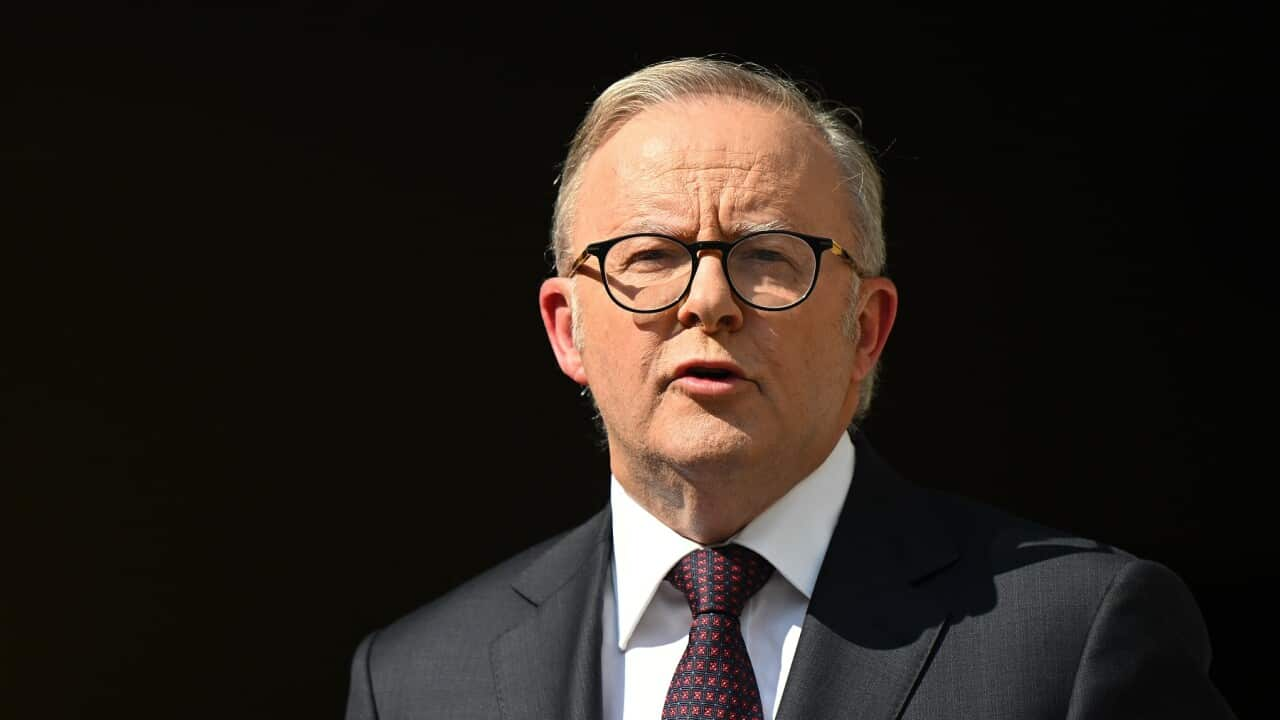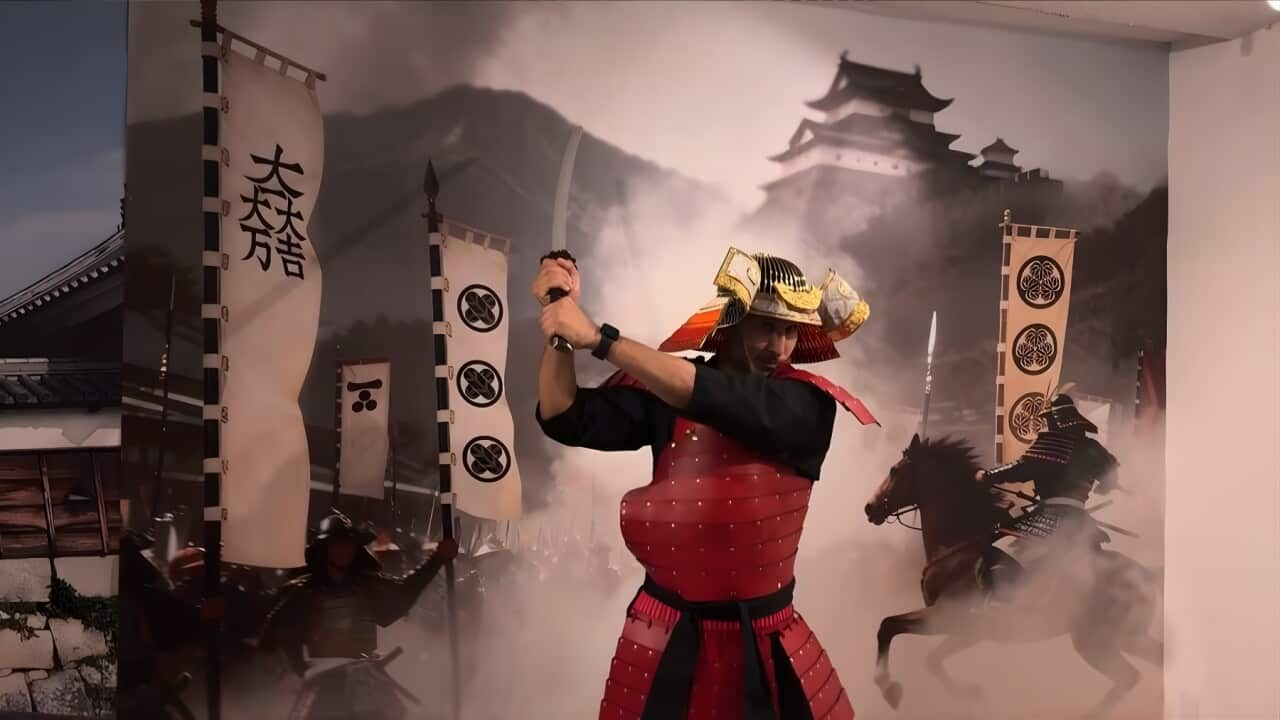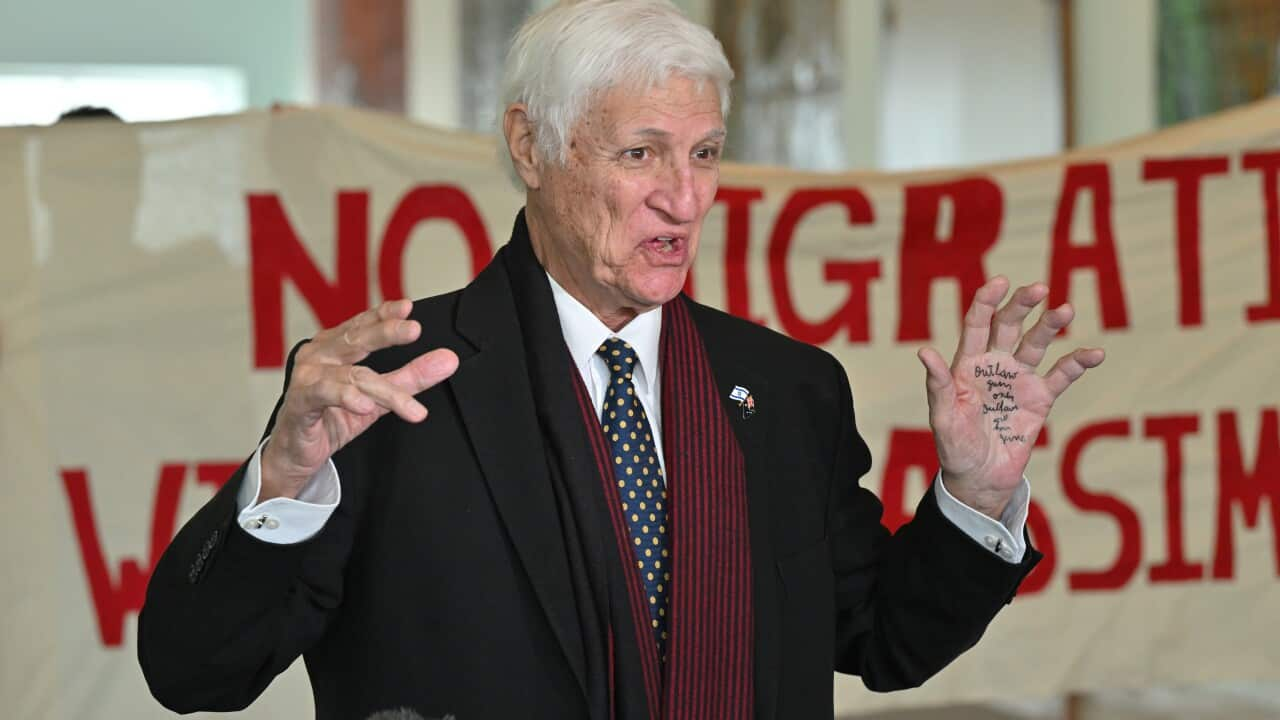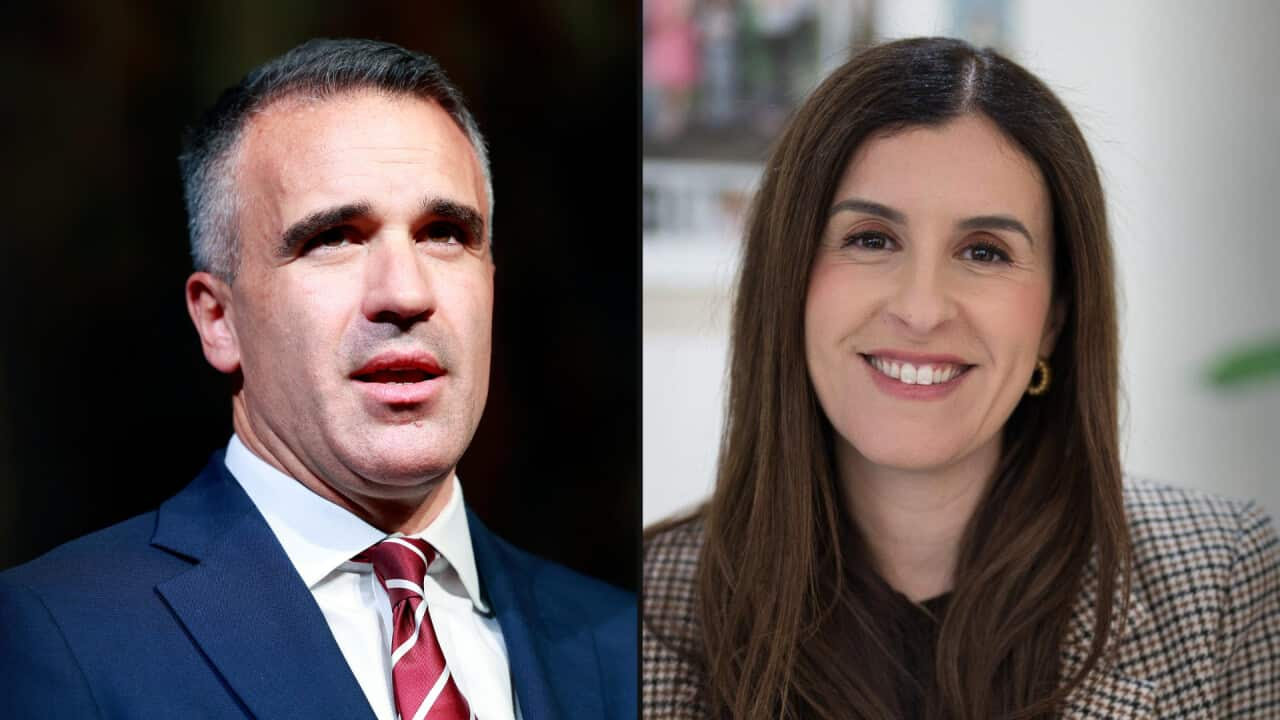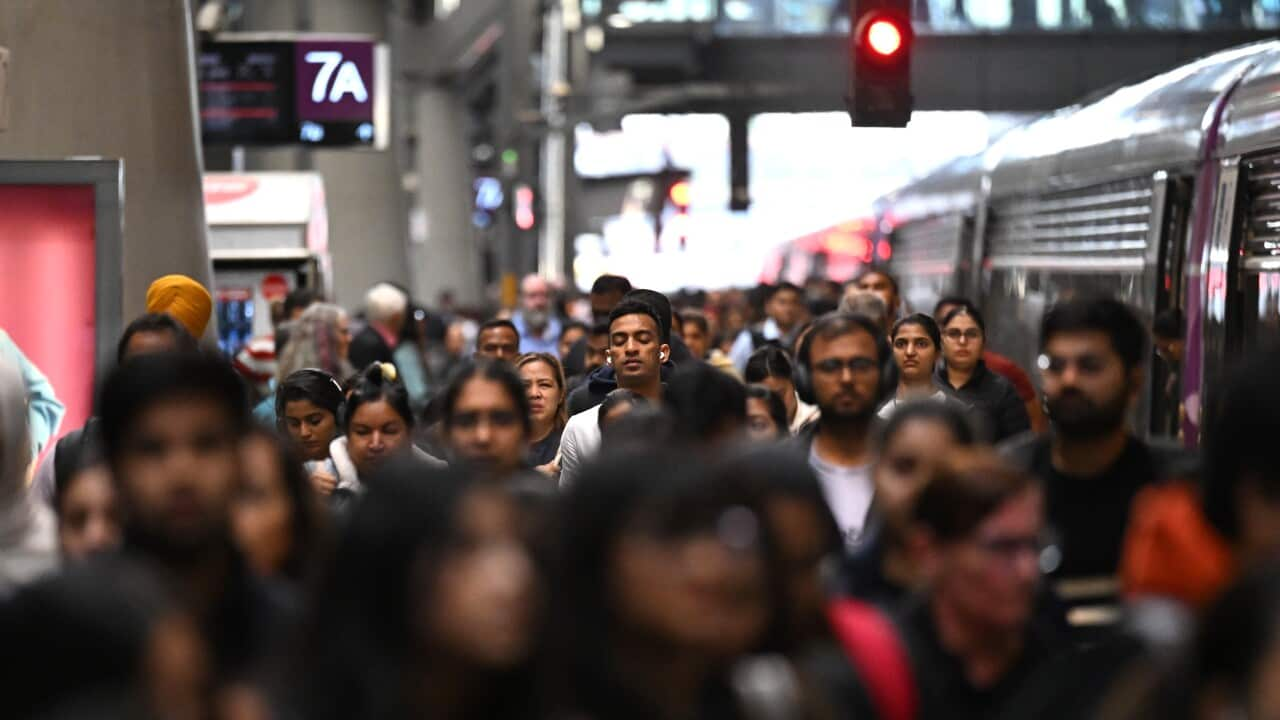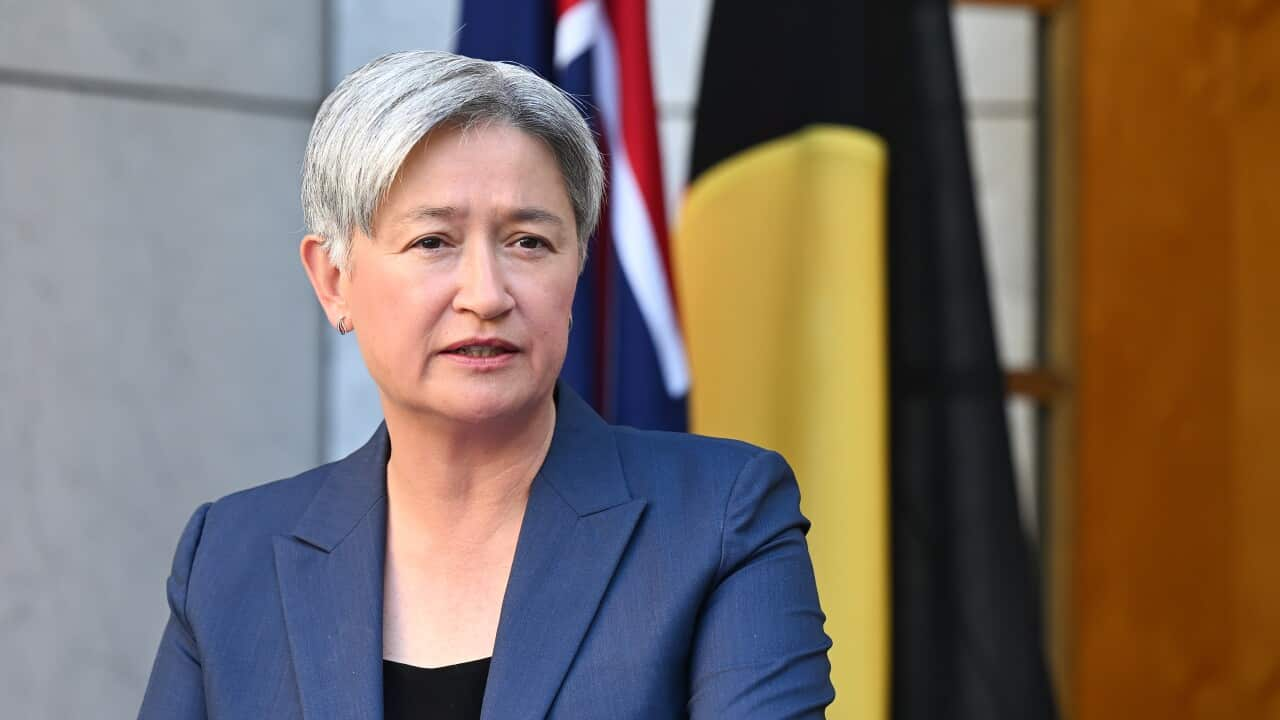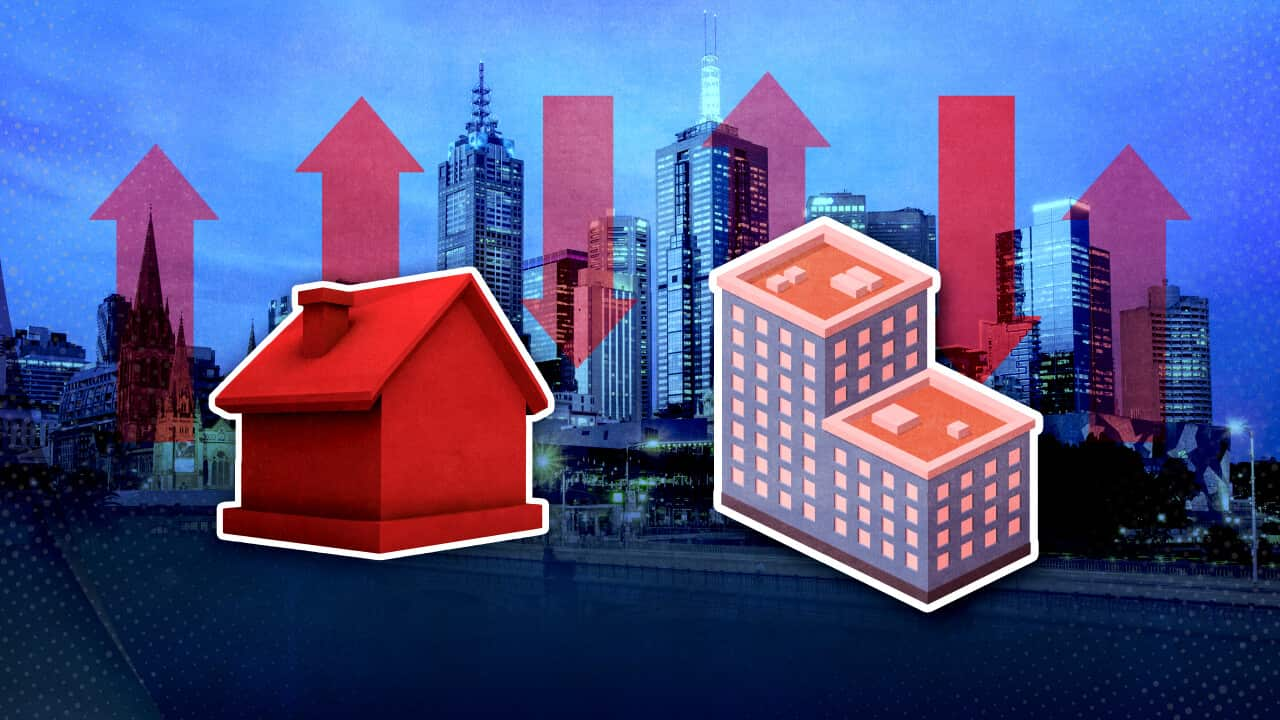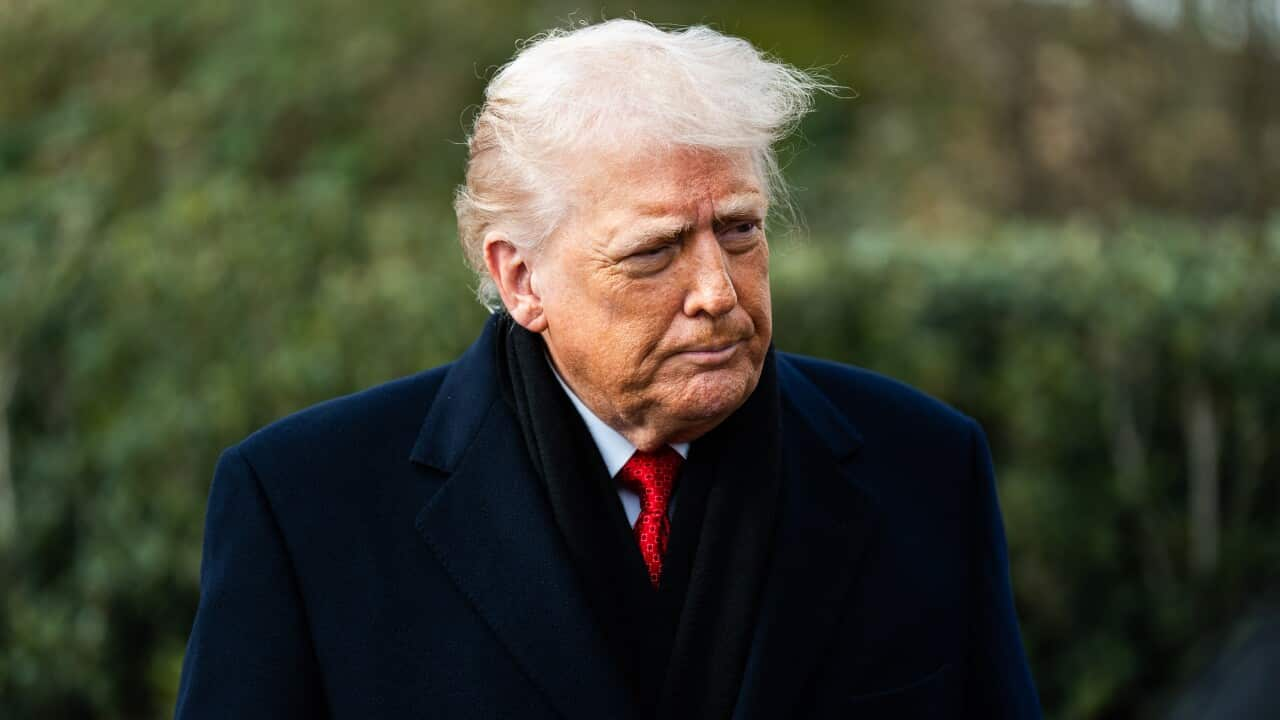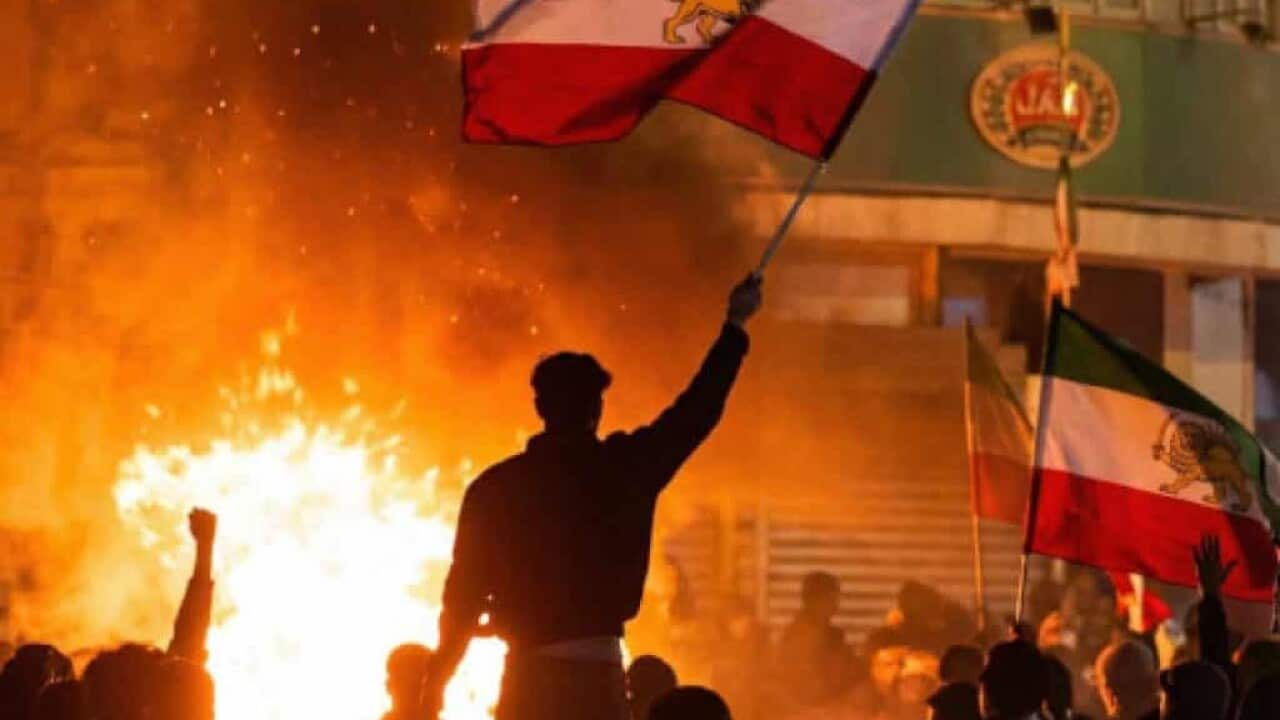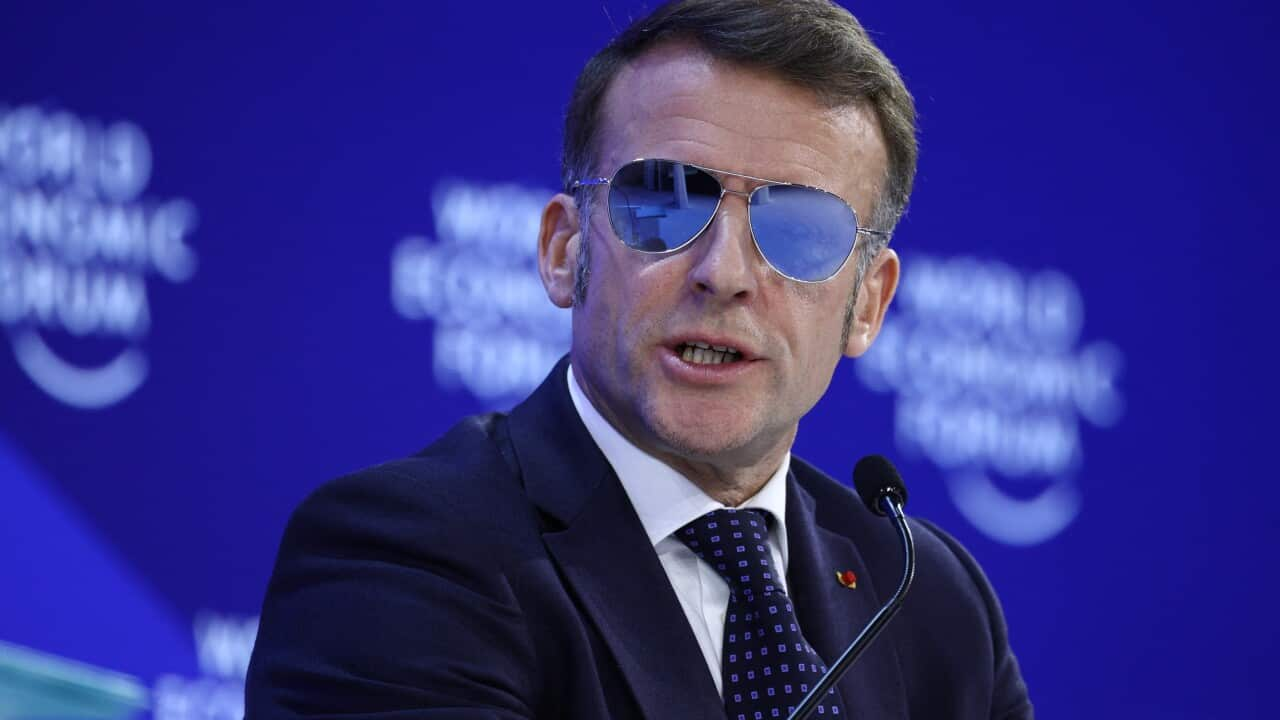Listen to Australian and world news, and follow trending topics with SBS News Podcasts.
TRANSCRIPT
As a lasting Russia-Ukraine ceasefire remains a distant dream, for Ukrainian civilians, the nightmare of war continues.
Five people were injured in the early hours of Tuesday, as residents in the southern port city of Kherson sheltered from a new Russian bombardment.
One of the wounded says he was hit by shrapnel.
RUSSIAN TRANSLATED TO ENG: "I was hit by the shrapnel. It’s good that the windows were blocked with cushions. All those cushions are full of holes, like a sieve. The cushions saved us — otherwise, we wouldn’t have made it."
Ukraine is holding out hope for promised ceasefire talks prompted by Donald Trump, after the US President had a two-hour phone conversation with Russian President Vladimir Putin.
Throughout the conversation, President Trump dropped his earlier insistence on an unconditional 30-day ceasefire and signalled that the war he once promised to end in 24 hours was no longer his to fix - a message that leaves Ukraine vulnerable and its allies worried.
Regardless, after the call, Mr Trump said new talks to permanently end the renewed three-year-long war would begin immediately.
Ukrainian President Volodymyr Zelenskyy says he's discussing the Putin phonecall with President Trump but believes the US needs to apply more pressure to the Russians.
"We are discussing with our partners the details and ideas from yesterday's conversation with the President of the United States of America, Trump. It is important that America continues to be a participant in the process of bringing peace closer. It is America that is feared in Russia, and it is American influence that can save many lives if it influences Putin to end the war."
The Ukrainian leader says he hopes the United States will apply additional sanctions on Russia to push them toward striking a peace deal.
But President Trump says it will be his decision to make.
"Well, that's going to be my determination. That's going to be nobody else's determination. We'll see how Russia behaves. We'll see what's going to happen. We have a the pretty, we have a pretty critical time right now. And I talked yesterday for two and a half hours with President Putin, as you know. I also spoke to all of the European or to many of them leaders, but they were representing the whole. And I think we had a very good conversations yesterday."
US Secretary of State Marco Rubio says additional sanctions may be required but President Trump is concerned it will push Russia away from negotiations.
“Look, it may come to that point. In fact, if it’s clear that the Russians are not interested in a peace deal and they just want to keep fighting the war it may very well come to that point. The president has made that in the past. Our belief, the President's belief, is he doesn't, he believes that right now if you start threatening sanctions, the Russians will stop talking. And there's value in us being able to talk to them and drive them to get to the table. We'll see. Look, they have to do this. No one's claiming that this is a guarantee.”
But, so far, the Russian government has remained more non-committal on ending the war in Ukraine.
Russia and Ukraine's first direct talks in more than three years failed to break new ground on Friday after the Russian delegation presented conditions that a member of the Ukrainian delegation called "non-starters".
President Vladimir Putin praised the US President for the latest phone conversation but was vague about the timeline of a ceasefire agreement and the prerequisites Russia would require for a deal.
“We agreed with the US President that Russia will propose and is ready to work with the Ukrainian side on a memorandum regarding a possible future peace treaty defining a number of positions, such as, for example, the principles of settlement, the timing of a possible peace agreement, and so on, including a possible ceasefire for a certain period if appropriate agreements are reached.”
But, as the United States idles with no new ceasefire talks and no new sanctions, Europe has decided to step in and apply a wave of additional sanctions on Russia.
The EU and Britain announced new sanctions targeting what it called Russia's "shadow fleet" of oil tankers and financial firms that have helped it avoid the impact of other sanctions and continue to export its oil around the world.
This covert shipping fleet circumvents a $60 a barrel price cap already imposed by the G7 group of industrialised countries to limit Russia's income from its top export.
Britain and the EU say they will also work to lower the cap to $30, with the EU's foreign policy chief Kaja Kallas saying this will hit Russia where it hurts.
"The strongest of this package is, of course, energy. The oil price cap is clearly something that has a clear effect on Russia's economy."
Germany's Foreign Minister Johann Wadephul says they will not stop their campaign against Russia until it is willing to accept an immediate ceasefire with no preconditions.
"As long as President Putin does not react and is not prepared to negotiate seriously, there will be a great willingness in Europe to put together further sanction packages and also to take further measures that restrict his economic and political room for manoeuvre."
